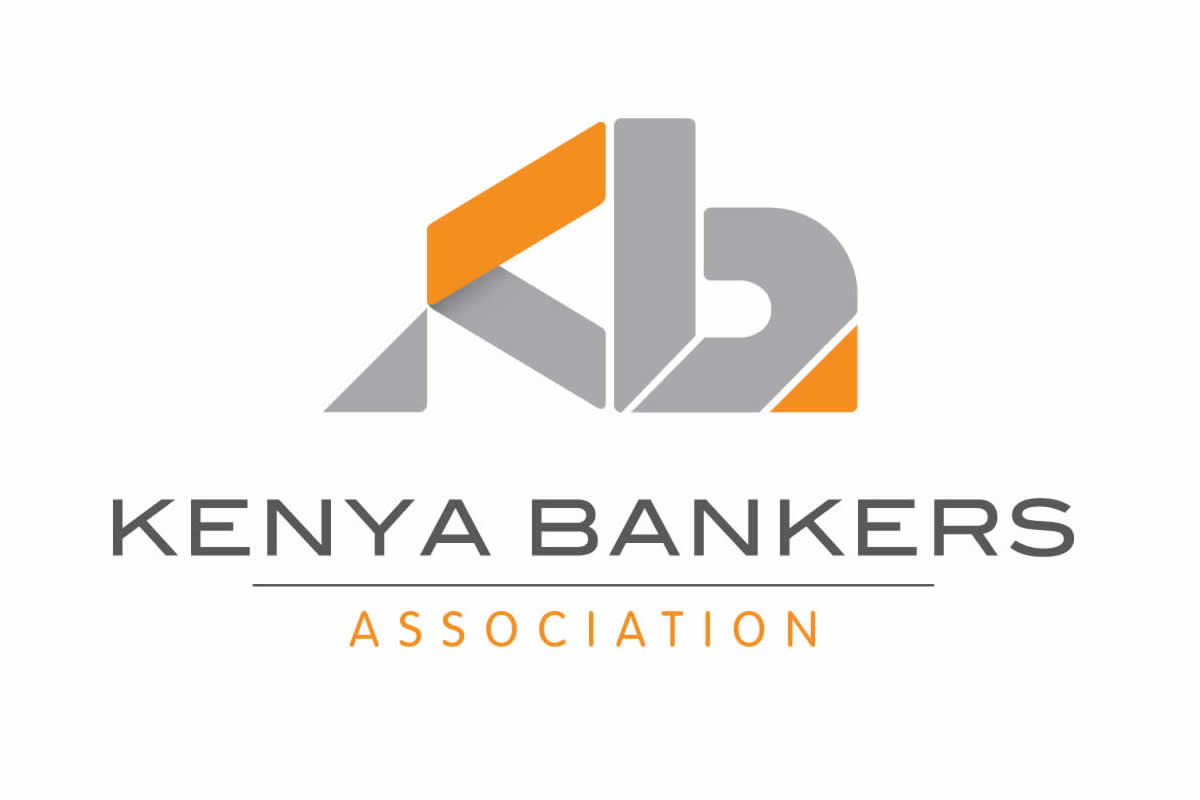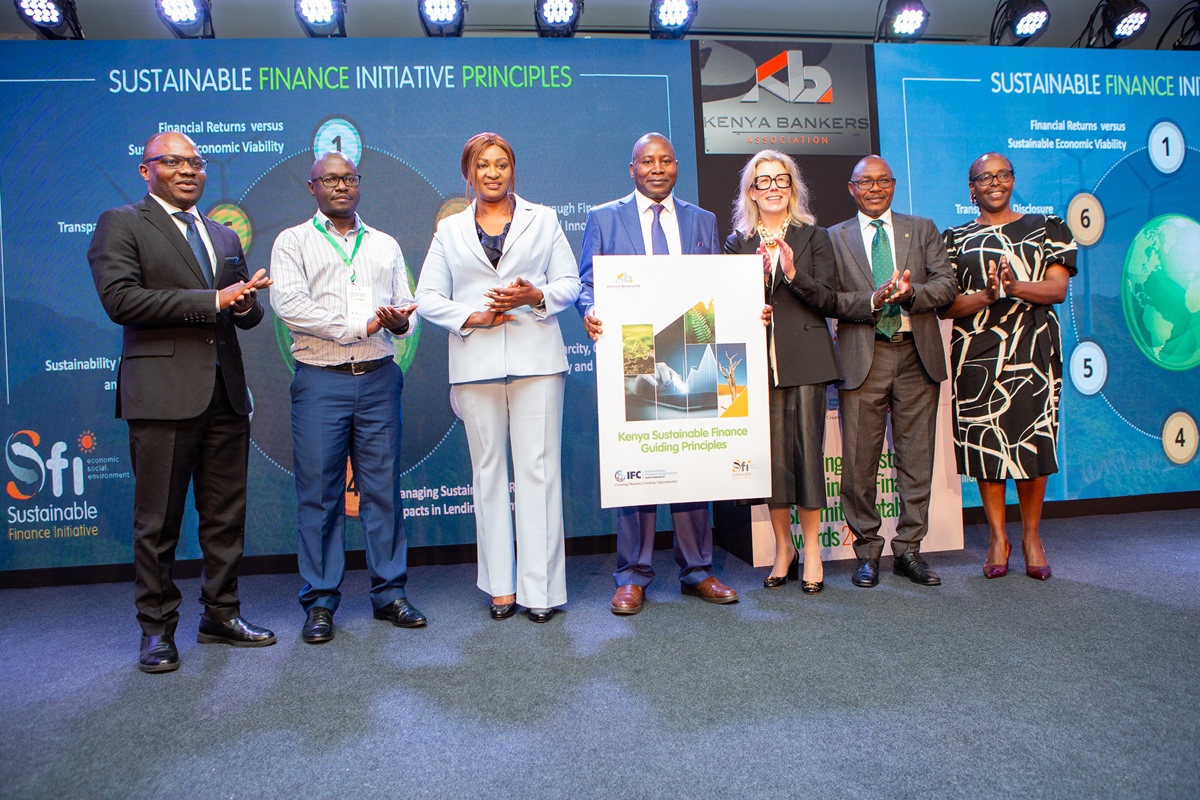- Sector Announces Effective Transmission of Monetary Policy; Ksh30 Billion SME Support Facility; and Ksh 100 Million Capacity Building Fund.
Nairobi, Wednesday, August 10, 2016… The banking sector has today, through its umbrella body the Kenya Bankers Association (KBA), presented a Memorandum of Understanding (MOU) to the Central Bank of Kenya (CBK) with commitments to enhance industry regulation and transmission of the CBK Monetary Policy; promote pricing transparency; and support enterprise development.
The MOU provides guidelines and seeks to offer practical solutions to the interest rates debate, while still retaining free market principles that are currently enjoyed by the private sector. Speaking at a joint press conference between KBA and the CBK, KBA Chairman Lamin Manjang reiterated the need for the banking sector to protect the free market economy. “The proposal to cap interest rates and set a floor on deposit rates has a very noble objective, but in practice it has ended up with very adverse consequences. Some other countries have tried this before, and evidence shows that in such countries the ratio of credit to GDP is lower than the regional average. Such countries also have lower levels of financial inclusion indicators,” he said. “As KBA we are committed to help in bringing down the cost of borrowing and enhance access to credit at affordable rates, without having to resort to legislation as a control mechanism. We believe there is a collaboration approach that can be used to address the issue of high lending rates. We have sat down and reviewed this matter in detail and we have come up with a Memorandum of Understanding that we will all sign up to and submit to the Central Bank of Kenya. This will cover immediate steps and other actions that we will commit to implement that will ultimately lead to lower and affordable interest rates in the market,” added Mr. Manjang.
The memorandum commits that:
Banks will reduce interest rates and notify their customers immediately in line with the 25th July 2016 KBRR reduction. In order to make it easier for customers to shop around and transfer accounts from one bank to another, the banks have agreed to drop the customer account closing charges with immediate effect. Banks shall commit to allocate Sh.30 billion to enhance financial access for SMEs. Of the total fund, Sh. 10 billion will be allocated to women and youth-owned micro enterprises. Lending rates on this fund will be concessionary and not to exceed 14.5%. This program will materially address the issue of affordability of loans for business owners and entrepreneurs with good credit track records; and will support clients in areas such as working capital. The banks will work with Kenya Bankers Association Secretariat to operationalize this SME program immediately and register each bank’s allocation. Banks must formerly declare their allocation and report progress on a quarterly basis with the first reporting cycle on 1st November 2016. Central Bank of Kenya will monitor the progress. By February 2017, the goal would be to have Sh. 5billion worth of preferential rate loans extended to SMEs. Meanwhile, banks will actively review their portfolios towards identifying the SMEs that have credit lines with the banks, to determine if these clients are eligible for the support facility. Banks shall commit to set up a Sh.100 million technical assistance program for micro, small and medium-sized enterprises (MSMEs) towards enhancing their ability to secure financing from banks. The industry will establish a governance framework including sector stakeholders to oversee the implementation of this program which will be launched in January 2017. Banks will use the credit reference bureau framework, together with the product type and loan tenors to start classifying their borrowers into the broad categories of low, medium and high risk and therefore work to reward low-risk borrowers with lower interest rates. The industry will work with KPMG to enhance ethics, governance and banking practices. The program includes the articulation of industry ethical standards and the introduction of a tiered regulatory framework, which includes self-regulation by KBA. KBA Chief Executive Mr. Habil Olaka said the memorandum also proposed other initiatives that the government and the private sector should continue to work on, towards lowering the cost of credit, and enhancing financial literacy and consumer protection. These include: Re-Launching the Cost of Credit web site to include bank loan data enabling loan applicants to easily compare bank products; Digitization of the lands registry; Putting in place an electronic securities register; Promoting Alternative Dispute Resolution in conjunction with Judiciary’s efficiency initiatives towards addressing legal costs and case backlog; and Financial Literacy and Consumer Protection, including educating the banking public on how to best access bank products and the risks associated with borrowing. The KBA CEO urged the President to refer the bill back to parliament in order to give the process of stakeholder consultation and engagement another chance to present sustainable solutions that support the banking public. “We believe that referral of the bill to parliament will offer more room for dialogue and reason whose outcome will be mutually beneficial to all stakeholders in the sector – especially the common mwananchi who need our support to grow their businesses,” he said.


